In the Miami Heat’s second regular season game of the year, Jimmy Butler failed to attempt a free throw as the Heat fell at home to the Boston Celtics, 111-104. Over the next 80 games, including the playoffs, Butler logged at least one free throw every outing. That streak was snapped in Miami’s Game 1 loss against the Denver Nuggets to open the NBA Finals on Thursday night.
Butler scored a playoff-worst 13 points. Miami posted a playoff-worst 102.2 offensive rating and its lowest free-throw rate of the year (.021). Those happenings are intertwined. Doing his best Steve Nash impression by probing and weaving through Denver’s defense to set up his sweet-shooting teammates, the superstar wing played altruistic facilitator. On numerous occasions, his hasty decision-making ignited scramble situations for the Nuggets’ defense that resulted in quality looks.
Yet that table-setting nature bled into Butler’s individual offensive ethos. The goose egg under the free-throw column exemplifies it. The quiet 14 field goals punctuates it. During the last two rounds, the Boston Celtics and New York Knicks regularly elected to inhibit his space from midrange. Denver did not, opting for a heavy dose of drop coverage with Nikola Jokic. Butler hadn’t seen that much intermediate space in weeks and often appeared satisfied to hoist the jumpers Jokic and the Nuggets invited.
On repeated occasions, he treated Jokic’s looming interior presence as though he was Brook Lopez or Jaren Jackson Jr. defensively, unwilling to challenge or pressure him at the rim. His paint touches were playmaking pursuits rather than scoring endeavors. When he curled around a screen with the runway to charge through, he tapped the brakes and pulled up. He let Jokic off the hook. For all of the two-time MVP’s superlatives — scoring, passing, rebounding, dexterity, processing speed, etc. — paint protection is not one of them. Butler gifted the ground-bound big man a get out of jail free card.
The vacant space Butler saw in ball-screens likely leaped off the screen when he and the Heat rewatched Game 1. It was there continuously. He recognized the opportunities they all bypassed and knows that passivity was a root cause of their offensive downswing, headlined by his own laidback shot profile.
“We shot a lot of jump shots, myself probably leading that pack, instead of putting pressure on the rim,” Butler told reporters postgame. “When you look at it during the game, they all look like the right shots. And I’m not saying that we can’t as a team make those, but gotta get more layups, gotta get more free throws.
“I gotta put pressure on the rim. Me with no free throws, that was all on myself, nobody else. We’ll definitely correct that next game, but only I can do that.”
Unless Denver decides to defend Butler at the level or switch against pick-and-rolls, the midrange pull-ups will be there for him. There’s nothing wrong with mixing them in. On a singular basis, they are good, open shots, as Butler said. Compiled together, the snowball into an overarching win for the Nuggets’ defense and their capacity to insulate Jokic’s limited rim protection, which Miami’s offense cannot afford.
While Butler wasn’t confronting Jokic much, his co-star, Bam Adebayo, was face-to-face with the affable maestro all night. Adebayo’s 25 field goal attempts represented a career-high in the regular season or the playoffs, and his 26 points were tied for the third-most of his 65-game playoff tenure. Denver iced pick-and-rolls to push actions toward the sidelines, which opened pocket passes to Adebayo in the middle.
There, the Nuggets typically adhered to single coverage, with Jokic on him and everyone else trying to stay tethered to shooters. They did, however, shrink the floor and dissuade driving lanes by periodically sagging off of Butler and Haywood Highsmith when Adebayo was at the helm.
Adebayo did not play poorly. He was aggressive as a scorer and pioneered passing chances when possible (five assists, one turnover). Denver was also content to kick its feet back and grant him 26 points on 25 shots with zero free throws (52 percent true shooting). It’s how Boston opened last series, only for Adebayo to prove too quick for Al Horford on mid-post, empty corner touches.
By icing pick-and-rolls, the Nuggets prevented most of those mid-post chances, reoriented where he caught the ball, and diffused the inherent, beneficial angles Adebayo thrived with early last round.
Throughout the night, as the Heat started slowly from deep, much was made about their three-point slog. By game’s end, though, they were at 33.3 percent. That’s not good, but it’s salvageable and not a deathknell for profitable offense, even with this team. The bigger issue was shot distribution. According to Cleaning The Glass, only 21 percent of their shots were at the rim (21st percentile) and 17 percent of their shots came from long midrange* (89th percentile).
* — Long midrange is defined as any shot deeper than a free throw and shorter than a three.
Separate from Butler dialing up the aggression, Miami put together a handful of possessions that should be replicated in Game 2 to loosen up the offense inside the arc (45.6 percent on two-pointers).
Late in the first quarter, Butler got Michael Porter Jr. on a switch and dusted him off the bounce, while Adebayo prepared to set a screen, which occupied Jokic and took him out of the roaming role that Butler was passive against. It led to a bucket at the rim. In the second quarter, as Jokic lurked off the ball, Kyle Lowry flipped the floor via skip pass and Adebayo flowed into a DHO with Duncan Robinson to spur a short-roll rep for Adebayo and dunk for Highsmith. A couple Butler-Adebayo high-low sets tilted the Nuggets’ defense in the third quarter as well.
The first two resonate because Miami didn’t occupy Jokic enough when he played free safety. Shift him around. Don’t let Adebayo cannibalize space off the ball, which happened a bit much in Game 1. Empower him to utilize the space, instead. Those last two things resonate because of the advantageous spot it puts Butler in around the rim and exploits the Nuggets’ hesitancy to leave him with a mismatch so close to the basket.
I imagine Aaron Gordon goes under that back screen next time, at which point Butler could flare beyond the arc and flow into a pick-and-roll with Adebayo, potentially opening a pocket pass to the empty corner and setting up a mid-post chance for the big man. There are multitudes to the high-low game.
Since the playoffs began, the Nuggets’ defense and the Heat’s offense have shed their regular season skins to turn weaknesses into strengths. During Game 1 of the Finals, the Nuggets maintained their novel identity. The Heat did not, although they can remedy some of that.
Denver’s schemes, cohesion, and physicality should not be ignored. This is a legitimately good, malleable defense. Any chance of solving that dilemma, however, starts with Butler being the chiseling slasher he is, not the tepid, pass-first player he moonlighted as in Game 1.
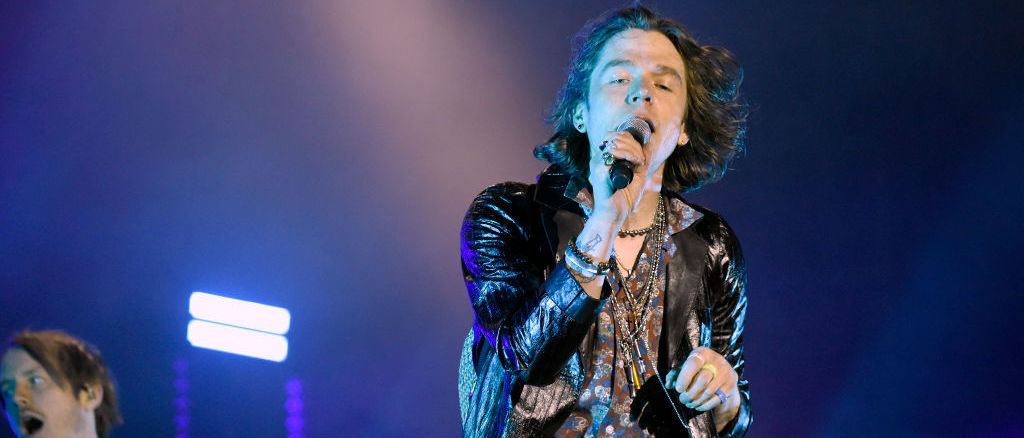

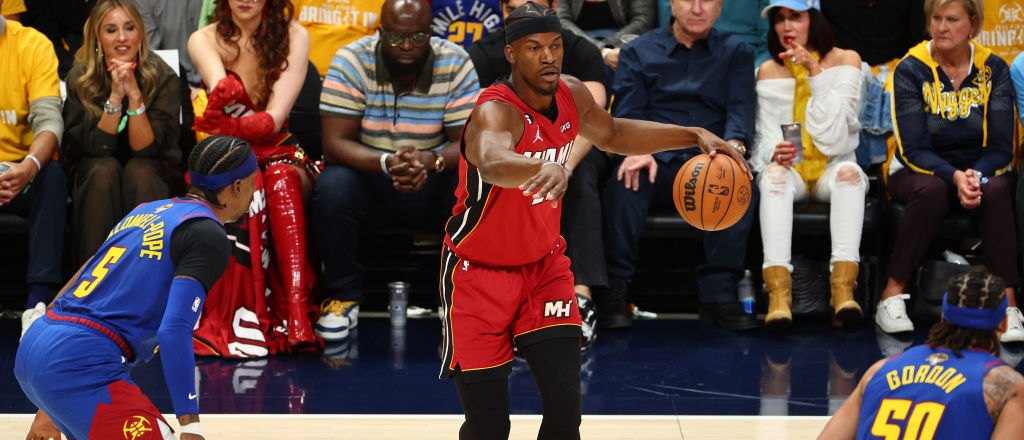
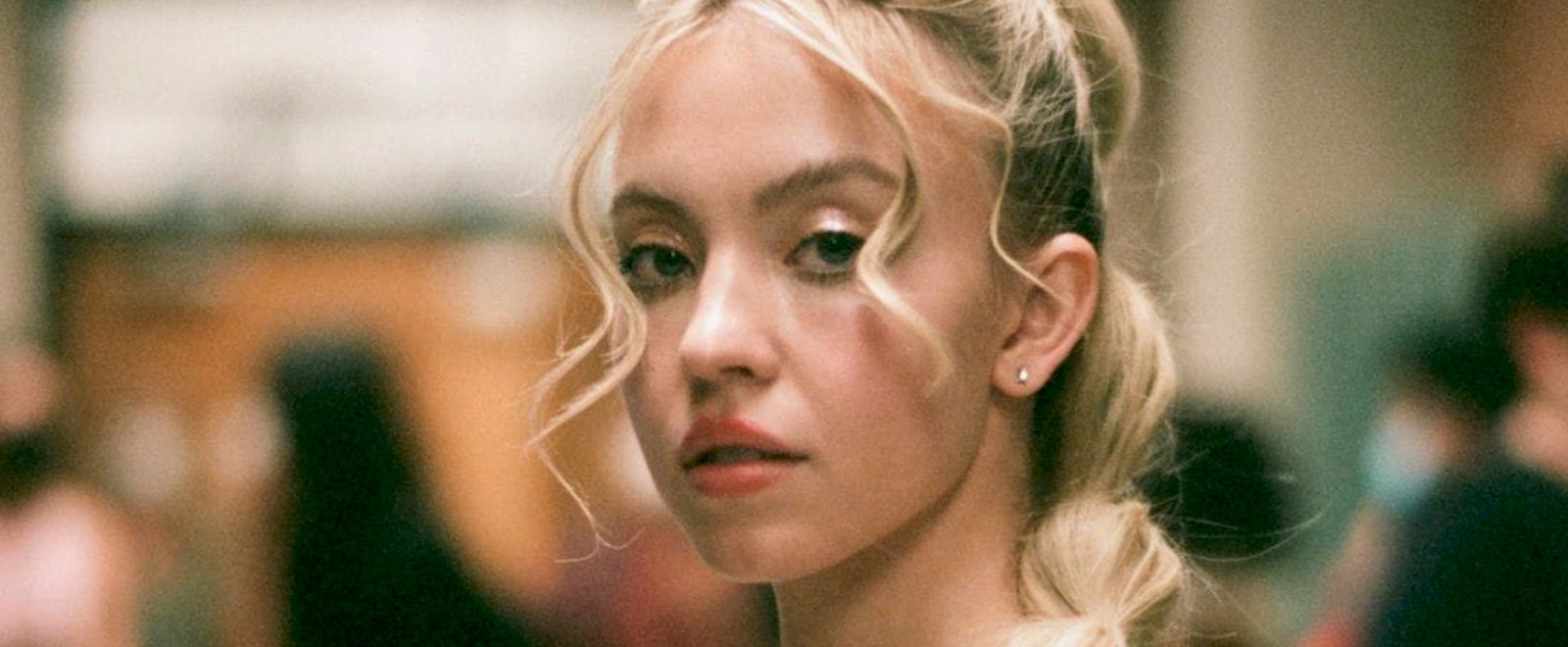
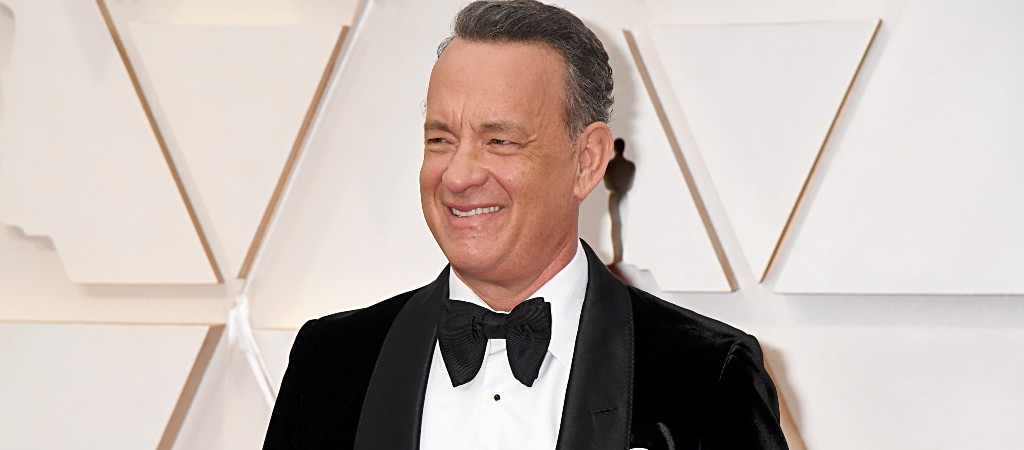
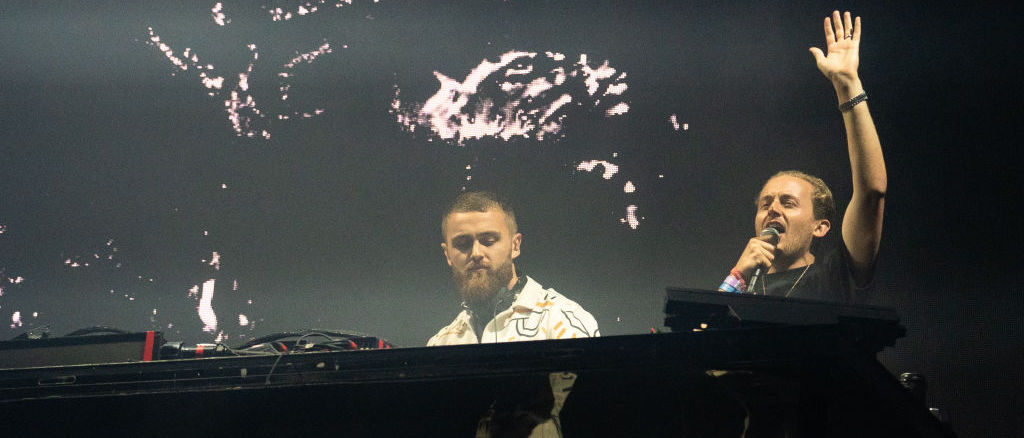
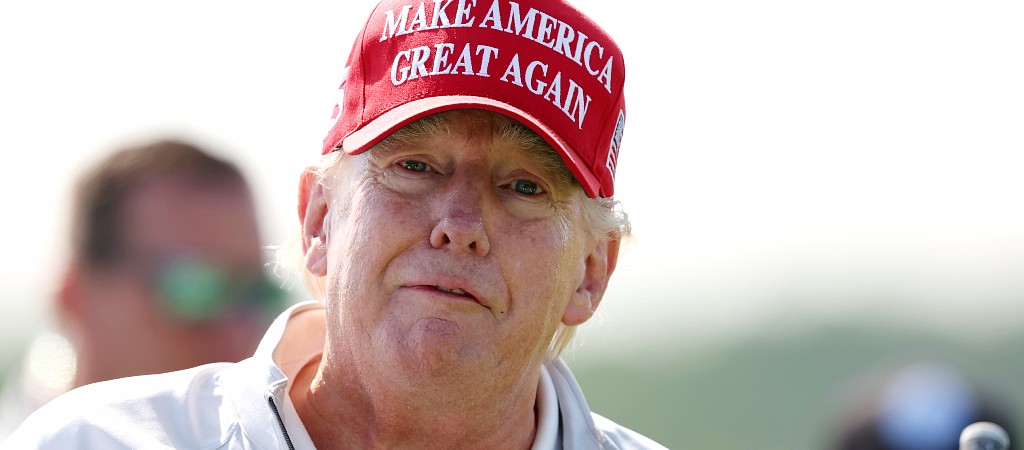


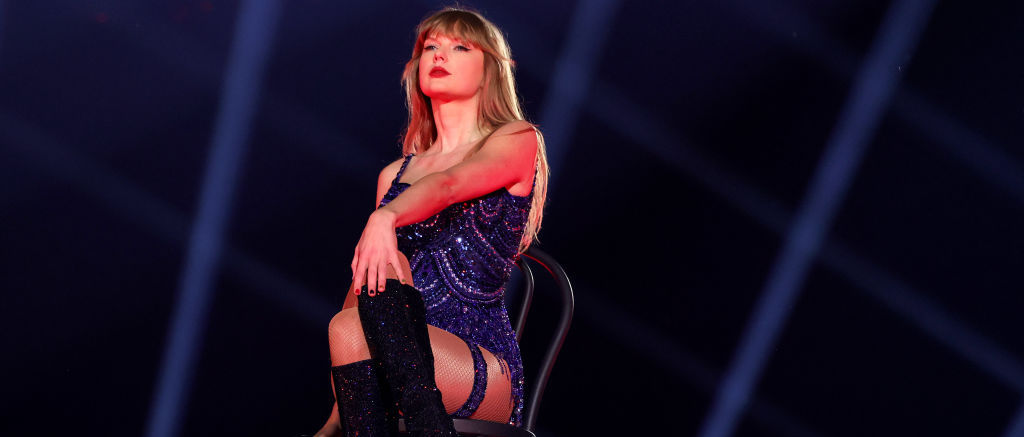
 | Taylor made a point to say that the support cannot just be during pride month but that it should be focussed on legislation and the way we can have impact is by voting during elections which is why she focussed on posting about them
| Taylor made a point to say that the support cannot just be during pride month but that it should be focussed on legislation and the way we can have impact is by voting during elections which is why she focussed on posting about them  (@swifferupdates)
(@swifferupdates)